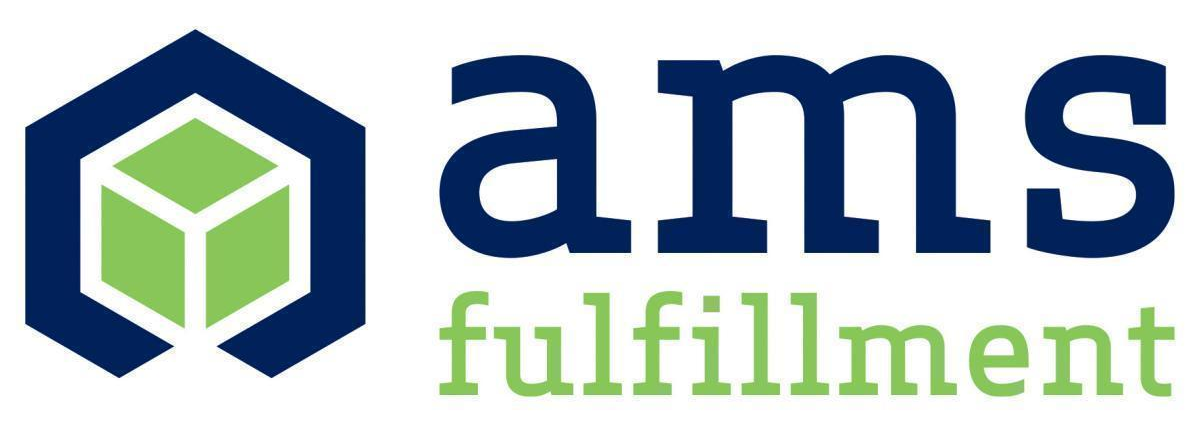So many people shop online these days, so when they are in search of something specific, where do they turn? It can be easier to find exactly what customers are looking for when you have the entire Internet at your fingertips. Before eCommerce grew in popularity, many people shopped at general stores to avoid having to make multiple stops on their weekly errands trip. But now, you can purchase from 5 stores in 10 minutes without ever leaving your couch.
This rise in eCommerce has also seen a rise in specialty retail stores launching their own online marketplaces, selling their unique and specialized goods online directly to the consumers who want them.
What Is Considered Specialty Retail?
A specialty retailer, as opposed to a general merchandise store, is one that specializes in a narrower selection of goods. Specialty stores can be any store that carries a large number of stock-keeping units (SKUs) and therefore requires a robust retail tool for SKU management. All of their SKUs, however, will fall neatly into just a couple of distinct types.
You’re probably familiar with specialty brick-and-mortar retail stores like Michaels (craft store), PetSmart (pet supplies), and REI (outdoor gear). However, many of these stores have also launched online marketplaces over the years, making the jump into eCommerce.
What advantages does a specialty store have over Walmart, Target, or Amazon, which can provide a customer with a wide variety of products under one roof?
What Are Examples of Specialty Merchandise?
There are many different types of specialty merchandise stores. Depending on what your customers are looking for or the service they want, a specialty store might be better suited for their shopping needs. Some examples of specialty stores include:
- Home Depot and Lowe’s
- Best Buy
- Dollar General and Dollar Tree
- AutoZone and O’Reilly Automotive
- Chewy or Petsmart
What Is General vs Specialty Stores?
There is a specific type of retail establishment known as a “specialty store” that caters to customers looking for a narrow selection of goods. They offer specialized products and services, making them distinct from general stores and other department store alternatives.
There are many different types of specialty stores, such as those that sell furniture, flowers, electronics, appliances, office supplies, pharmaceuticals, and books. You can find some specific examples of specialty stores above.
Specialty Retail Store Benefits

The biggest benefit of a specialty store is that it can become the first place a customer thinks of when they need products from that particular niche. This is challenging for department stores to accomplish because customers do not generally associate them with any one brand or type of product. Here are the key benefits of having a specialty retail marketplace for your business:
Knowledge & Expertise in Quality Products
When a customer walks into a store or logs onto a website that specializes in a specific niche, they are likely in search of a product that falls under that category. Since this retailer does not dabble in a ton of different product lines, they can be considered to have product expertise in the fields in which they do specialize. Their advice and product lines are more reliable to customers than those of a general store.
Exactly What the Customer Is Looking for
A specialty shop’s strength lies in the fact that it sells only one type of product. By focusing on a narrow niche, a store’s owners and staff can become recognized as experts in their field. Fans of a given niche market who can’t find exactly what they are looking for at a larger chain store are natural customers of specialty shops. They can also often help source very unique items if customers want to place a custom order.
Custom Recommendations
The shopping experience offered by specialty stores is unparalleled. As a result, shops can better understand their customers’ individual wants and needs and make product suggestions accordingly. Direct-to-consumer eCommerce companies attempt to mimic this with quizzes that aim to provide personalized recommendations.
High-Quality & Unique Product Selection
Specialty shops serve a specific clientele and stock only a small selection of products. This is why these stores put so much effort into selecting only the best products. Customers associate specialty shops with high-quality, one-of-a-kind products because their labels feature phrases like “locally made,” “handcrafted,” and “sustainably sourced.”
Special Events, Workshops, or Classes
There are a lot of opportunities to learn about and interact with the products sold at specialty shops. A store selling cookware and utensils might teach a class on how to use the equipment they sell. This doesn’t even have to be in person; with COVID-19, many stores turned to online events hosted over Zoom.
Now you can take a cooking class from your favorite store, no matter where you live. Some stores even host an event in conjunction with a subscription box, so you can learn to cook, paint, or knit what came in your monthly subscription.
Order Fulfillment for Specialty Retail

eCommerce continues to grow as a proportion of total retail sales, but the advent of a global pandemic dramatically increased the popularity of online purchasing. With many brick-and-mortar stores going out of business – permanently or temporarily – due to COVID-19, consumers had no choice but to turn to online shopping.
The shift from relying on in-store customers to shipping products to customers’ homes was quickly recognized by many of these specialized retail stores. Consumers have also realized how easy it is to find their specialty goods online, using these specialty online stores to purchase whatever they need.
The three primary steps that are needed after a customer places an online order from a specialty marketplace include:
- Picking items from inventory storage.
- Packing boxes and adding the shipping label.
- Shipping the items, either by scheduling a pickup with the carrier or dropping the package off.
Now, you don’t have to do this alone. Many eCommerce retailers choose to outsource order fulfillment to a third-party specialist who can handle warehousing, inventory management, and fulfillment needs. The three primary fulfillment models include a do-it-yourself approach, using a third-party logistics partner (also known as a 3PL) or dropshipping.
Whether you are using Shopify, WooCommerce, Magento, or some other eCommerce platform, there are pros and cons to each fulfillment model. When deciding on a fulfillment strategy, it’s vital to ask yourself the following questions:
Where do most of your clients live? Do you primarily sell inside a specific region, or do you also ship to other countries? While not all 3PLs and shipping carriers offer international shipments, some do, and those that do allow you to take advantage of their extensive warehouse network to get your products to customers faster.
What kind of shipping preferences do you have? Do you want to offer free shipping or two-day shipping to your customers? If you deal with a 3PL, you will have access to extra shipping alternatives, which could simplify some of these processes. You might have to negotiate with carriers or pick up some of the tab if you handle things in-house.
Do you carry a wide variety of products? Is there sufficient space in the warehouse to store the items you keep in stock? Evaluate the cost of renting storage space versus the cost of fulfillment services, which often include the storage of some inventory, if you plan to store all of your own inventory in-house for fulfillment.
Is there anything special you need? Do any of your items have unusual shipping requirements due to customization, packaging, or other factors? Some customization may be possible with a 3PL, but you may still need to handle some tasks yourself.
How do you keep track of everything from stock to online orders? Can the warehouse use your current technology? This is crucial for a completed order since, if all the dots are connected properly, the fulfillment process may begin instantly.
To have a successful order fulfillment process and experience, it is crucial to find a fulfillment specialist that works well with your existing systems and workflows. If your store is hosted on Shopify, Magento, eBay, WooCommerce, or another platform, make sure the necessary integrations can be set up. If not, the two of you might be making matters worse instead of better.
Your Specialty Retail Marketplace’s Order Fulfillment Partner Is AMS Fulfillment

AMS is the eCommerce order fulfillment expert for specialty online marketplaces. We have a tried and true method of quality control and can accommodate orders of any size, even during peak seasons. Every day, over 25,000 orders are fulfilled by our facilities across the United States, efficiently shipping orders to customers from both coasts. In addition, we treat our customers’ needs as if they were our own. You can trust that as a B Corporation, we will always prioritize your needs along with the planet.
Contact Us at AMS Fulfillment today to find out why we are your home for specialty order fulfillment, and learn how our employees can quickly and accurately process and ship your orders to customers in the United States and throughout the world.
GET IN TOUCH
From dropshipping to returns, AMS can handle your order fulfillment needs.
LET’S CONNECT




